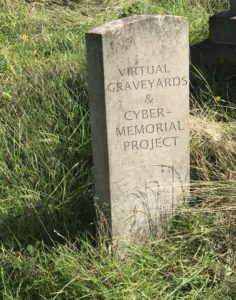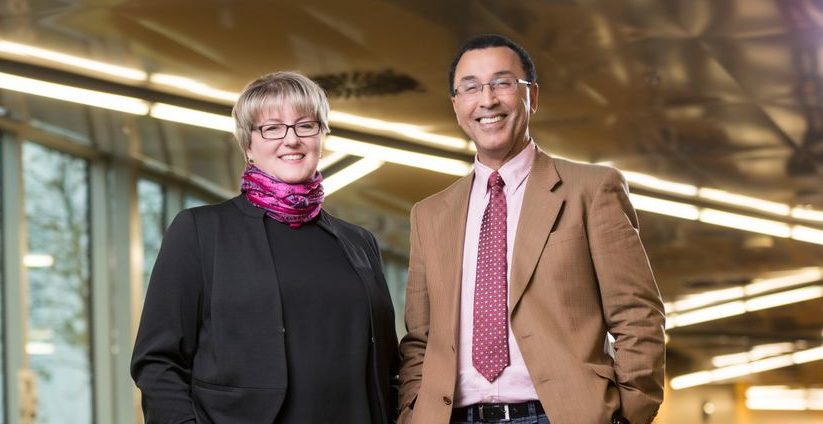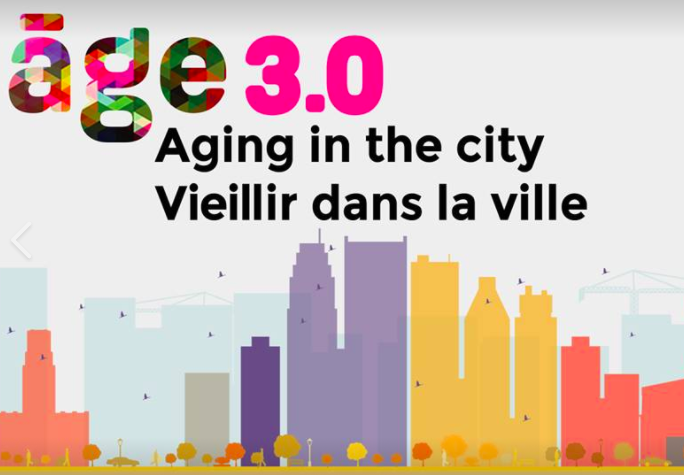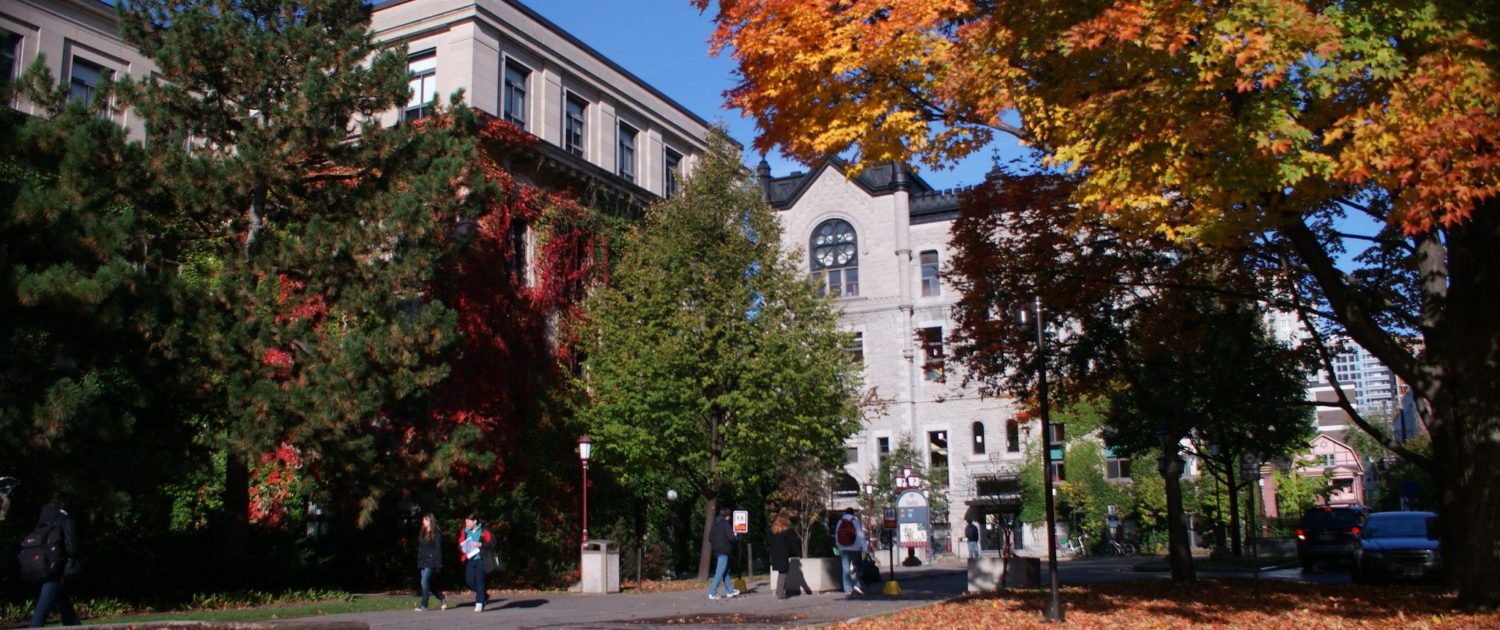New ACT Bursaries for Graduate Students
The ACT Student Bursaries are awarded to students enrolled in master’s or doctoral programs in ACT partner universities, and who are conducting research on the intersections of ageing, communication and technologies as part of their thesis project. ACT will award up to four competitive bursaries per year; two for doctoral students ($2,000 CAD each) and two for master’s students ($1,000 CAD each).
All applications must be submitted to application@actproject.ca by the required due date of February 1, 2018.
Important note: DEADLINE EXTENDED TO FEBRUARY 15, 2018
Eligibility
- The student must be registered in a doctoral or master’s program in an ACT partner university.
- The student’s candidacy must be supported by an ACT co-applicant or collaborator, who is affiliated with the student’s home university/ACT partner university and able to administer ACT funds to the student. However, the student does not necessarily need to be directly supervised by the supporting ACT co-applicant or collaborator.
- The student must be registered in a program with a required thesis component.
- The student’s thesis must fit directly within the mandate of ACT.
- If in a PhD program, the student’s thesis proposal must have been approved or defended prior to applying to this bursary. If in a MA program, the student’s thesis proposal does not necessarily need to have been approved or defended before applying to this bursary.
- Each student is only admissible for one ACT bursary per degree, and must not have received bursaries, scholarships, fellowships or stipends from ACT in the past (e.g., scholarship or project funding).
- The student must not plan to have completed their thesis within six months following the bursary application deadline.
Submission
First, candidates must submit a single email with two attachments: the completed “ACT Student Bursaries Application Form,” and a Curriculum Vitae that provides an overview of the student’s accomplishments and research record. Second, the supporting ACT co-applicant or collaborator must send an email with two attachments: the completed “ACT Student Bursaries Support Form” and a letter of recommendation. Third, if the student’s thesis supervisor is not the sponsoring ACT co-applicant and collaborator, the student’s thesis advisor must send a letter of recommendation.
All documents must be emailed to application@actproject.ca for the appropriate due date. No late applications will be considered.
Obligations
Students: Successful applicants must commit to fulfilling a number of requirements. The student will be asked to work with the ACT team to share information on the project for reporting and communication purposes. This includes providing the necessary information to set up a project page on the ACT website, a biography and photo, and other information, as requested. Furthermore, the student will be required to acknowledge the support of ACT and its funders, the Social Sciences and Humanities Research Council of Canada (SSHRC), in research outputs, including conference papers, workshops and poster presentations, publications, the final production of their thesis and any creative or media products of their research.
Supporting co-applicants and collaborators: By supporting an application, the co-applicant or collaborator must be able to recommend to ACT that the student should be funded. The sponsoring co-applicant or collaborator must also be willing and able to facilitate the payment of the bursary by their institution using ACT funds; as such, they must be able to receive the funds from ACT via an institutional transfer.
Related Documents
ACT Student Bursaries February 2018 Call
ACT Student Bursaries Application Form
ACT Student Bursaries Support Form




